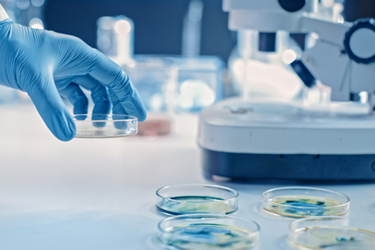From Workhorse To Powerhouse: Engineering E. Coli For Novel Biopharmaceutical Manufacturing
By Erik Nordwald, KBI Biopharma

E. coli has long been a workhorse in the biopharmaceutical industry due to its well-characterized nature and ease of use. While it offers advantages like rapid development timelines and lower production costs compared to other cell types, it also has limitations, particularly for certain molecule types and batch-to-batch consistency.
Recent advancements in genetic engineering and analytical techniques have significantly enhanced E. coli's potential for protein expression. These improvements have led to the development of new platform processes that optimize biopharmaceutical production for a wider range of protein-based therapeutics.
Emerging E. Coli platforms characterized by extensive genetic modifications and optimized metabolic pathways can offer exceptional performance in terms of titer, yield, and product quality across a wide range of therapeutic proteins, including antibody fragments and peptides, at high levels and with minimal impurities.
By leveraging these advanced platforms, biopharmaceutical companies can overcome challenges associated with traditional E. coli strains and accelerate the development of innovative protein-based therapies. The ability to produce high-quality proteins efficiently and cost-effectively is crucial for addressing unmet medical needs and improving patient outcomes.
Get unlimited access to:
Enter your credentials below to log in. Not yet a member of Bioprocess Online? Subscribe today.
